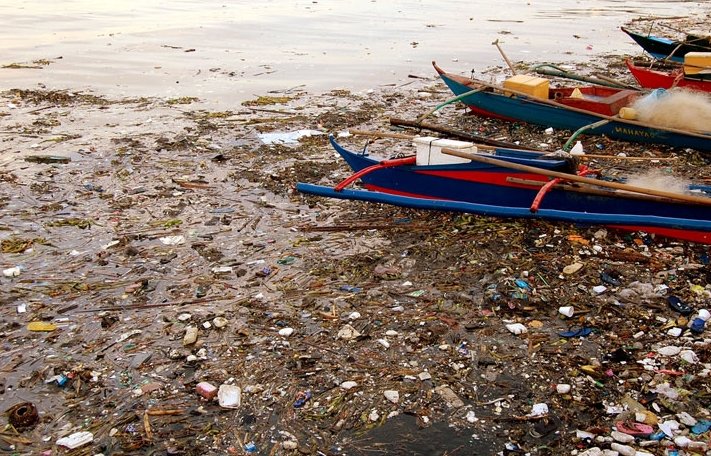The Anthropocene - Defining Elements

What exactly is and what defines the origins of the Anthropocene?
The Anthropocene is an interdisciplinary subject, observed from many different points of view. People choose different methods to explore this possible new epoch and come to various conclusions, especially in relation to estimating the time factor of the Anthropocene.
One way to define the beginning or end of a period is using some historical events as a marker which would provide a very precise time. The date of the first atomic blast has for example been seen as the beginning of the Anthropocene (Zalasiewicz et al., 2015). Another way, is to look at longer phases of historical time, like the industrial revolution (e.g Jonsson, 2012) or the agricultural revolution (e.g. Gowdy & Krall, 2013, Ruddiman, 2003). The Anthropocene Working Group is supposed to date the Anthropocene, either by using a specific date or a “golden spike” that would be a clear indicator of the beginning of a new period – and also a clear end of a previous one.
The geological time division is rather complex. According to Dr. Waters, the secretary of the Anthropocene Working Group, we will still find us in the Quaternary Period and the Cenozoic Era, but leave the Holocene for the Anthropocene (Amos, 2016). I would consider it helpful to make some form of plan to schedule certain norms or standards to evaluate the development of the Anthropocene as things might get biased when we only look back. Is it possible/useful to draw some lines to follow up this changes? Indicators would need to be chosen carefully and wide (both in place and knowledge and so on). Maybe a mixture of looking back and forward would add something to this task.
The complexity of the Anthropocene is high. We are looking at something that seems to be man-made but is supposed to be categorized as a geological epoch. Some appropriate questions one can ask would be - Which scale is appropriate? Do we need a new human-earth scale to handle the Anthropocene? As such, it would appear this discussion is only beginning, despite the continued threats caused by technologies impact and human direction.
References:
Amos, J. (2016, 30. 08). Geologists search for Anthropocene ‘golden spike’. BBC news. Retrieved 2016-11-16 from http://www.bbc.com/news/science-environment-37200489
Gowdy, J., & Krall, L. (2013). The ultrasocial origin of the Anthropocene. Ecological Economics, 95, 137–147.
Jonsson, F. A. (2012). The Industrial Revolution in the Anthropocene. The Journal of Modern History, 84(3), 679–696.
Mårald, E. (n.d.) The Anthropocene: Erland Mårald on change. In conversation with Finn Arne Jørgensen. Retrived 2016-11-09 from http://anthropocene.name/2016/2-when/
Ruddiman, W. F. (2003). The Anthropogenic Greenhouse Era Began Thousands of Years Ago. Climatic Change, 61(3), 261–293.
Zalasiewicz, J., Waters, C. N., Williams, M., Barnosky, A. D., Cearreta, A., Crutzen, P., …Oreskes, N. (2015). When did the Anthropocene begin? A mid-twentieth century boundary level is Stratigraphically optimal. Quaternary International.
I imagine that in some far distant future whichever group of lifeforms is observing the fossil record probably won't find it too hard to identify the strata marking the anthropocene. Ours will be the thick layer of grease, carbon, nitrates and fossilized plastic chunks frosted with radio isotopes! 😅
Sad to say but I agree. At the rate of our collective idiocy, that distant future will probably be not to far removed from our own lifetime. We may actually begin to see this rapid decline through various events related to environmental decay which will only exacerbate our own societal tensions.
great job @fugetaboutit

This is great! @fugetaboutit
@fugetaboutit Well done for sticking at it! Followed.